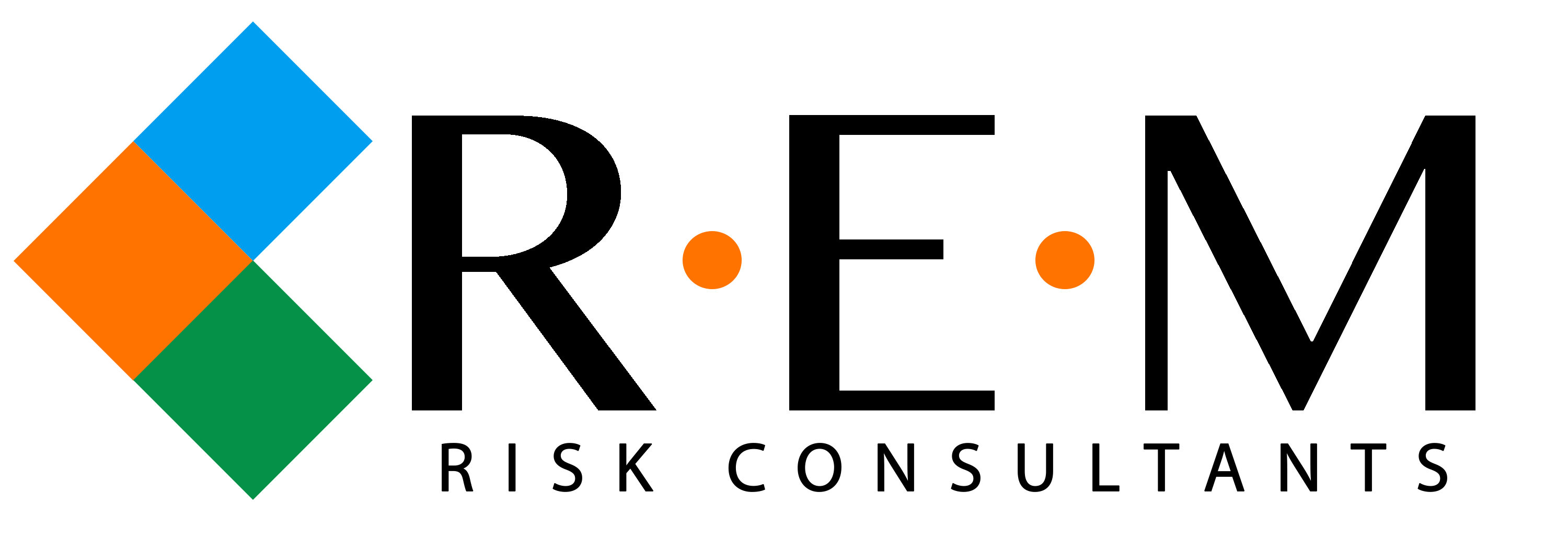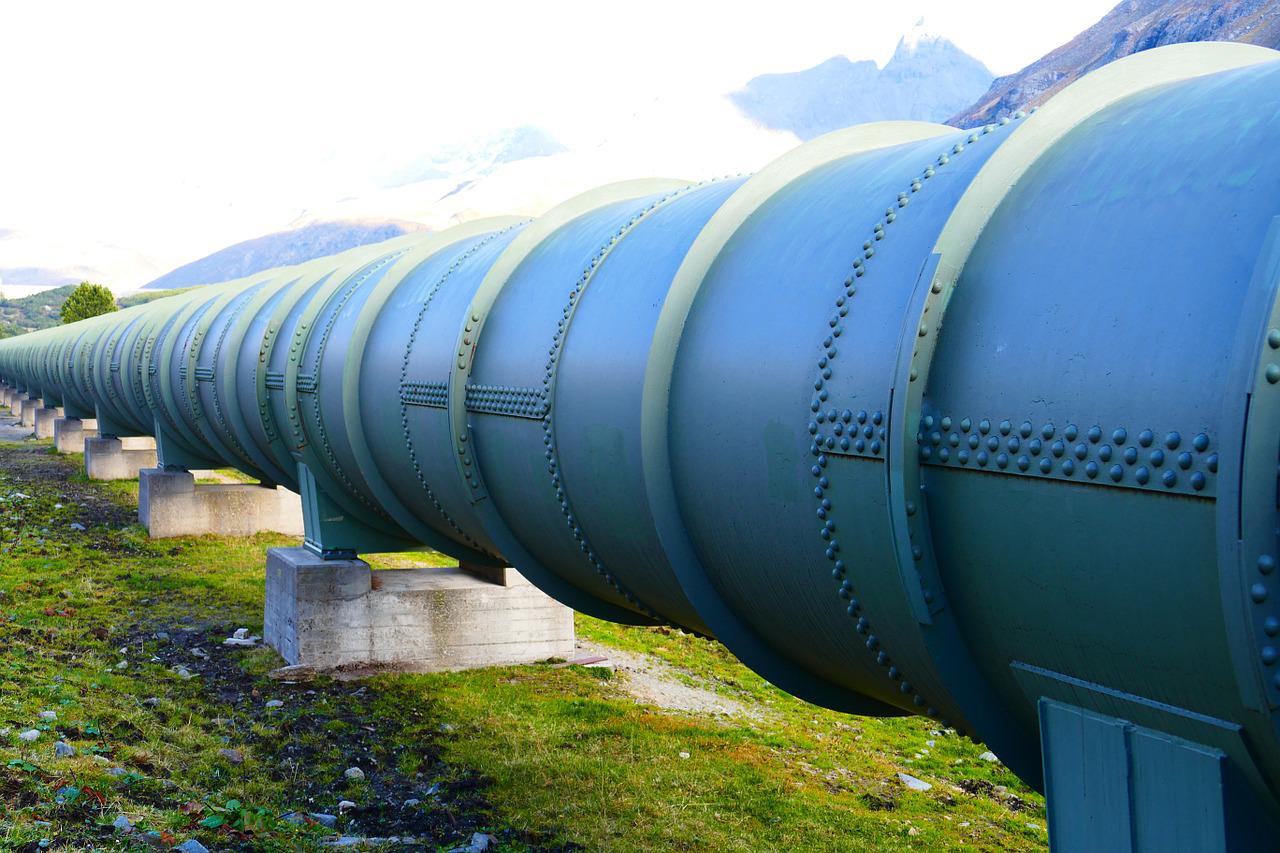U.S. Oil Pipeline Network Vulnerability Addressed in R.E.M. Work Nearly a Decade Ago
REM Risk Consultant’s Michael Larrañaga’s past work was recently featured by the Center for Homeland Defense and Security (CHDS). Larrañaga’s thesis entitled “Network Vulnerability Assessment of the U.S. Crude Pipeline Infrastructure,” addressed the “potential for cascade failure of the U.S oil pipeline infrastructure” using Model Based Risk Assessment software. Recent events surrounding the cyber-attack on the Colonial Pipeline, a key East Coast oil pipeline, that led to its shutdown and ransom payment earlier this year brought into stark relief the vulnerability of the U.S. oil pipeline infrastructure and the need for protective measures.
The thesis noted that the pipeline system distributing crude oil to refineries across the U.S. had gained “much media attention” at the time due to Pres. Obama’s denial of a permit for a key portion of the Keystone-XL pipeline, which is designed to carry oil from Alberta, Canada to the Cushing Oil Trading Hub (COTH) in Cushing, OK. That project has since been revived by President Trump and shut down again by President Biden.

Larrañaga pointed out that the U.S. currently only has 3-4 days of oil reserves and it takes oil and finished products, like gasoline, two months to get from one end of the pipeline network to the other. “Oil is central to our way of life,” he said. “We’re an oil-based economy.” He said he believes the nation’s “critical infrastructure” experts don’t fully appreciate the hub’s importance to the crude oil network despite the fact that his analysis showed about 70 percent of the nation’s oil supply flows through the hub on a daily basis, although he said others are aware of the hub’s importance including private sector oil investors who still use satellite imagery to estimate the amount of oil at Cushing compared to its capacity on any given day (by assessing the position of the floating roofs on each tank) to help guide investment.
“We should be prepared for another Colonial-type outage,” Larrañaga said. “If not, (a shutdown) could be even more catastrophic. That (Colonial pipeline shutdown) could have been prevented or we should have been prepared to recover much quicker.
Read the full article at CHDS: https://www.chds.us/c/item/18791
REM Risk Consultants assists clients with all aspects of Business Continuity and Resiliency – from process safety and fire protection solutions to climate change and pandemic preparedness. Please contact us if we can assist you in improving your operations.


